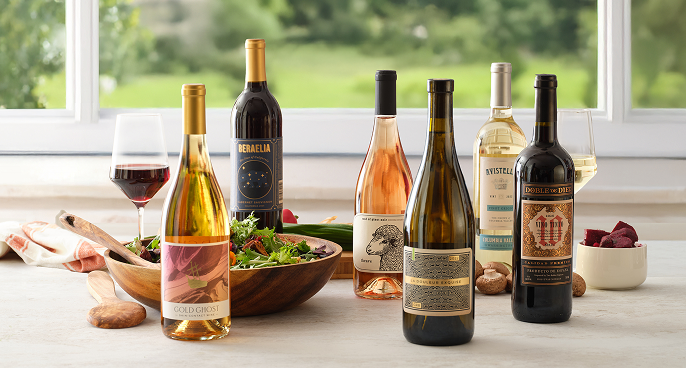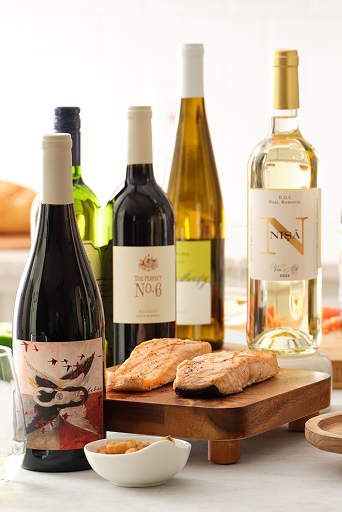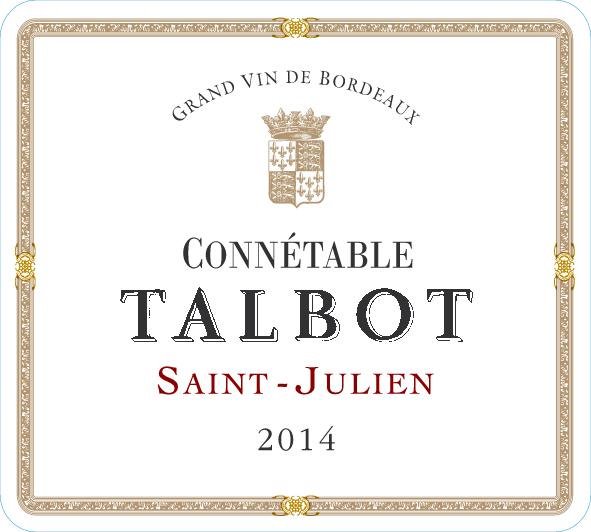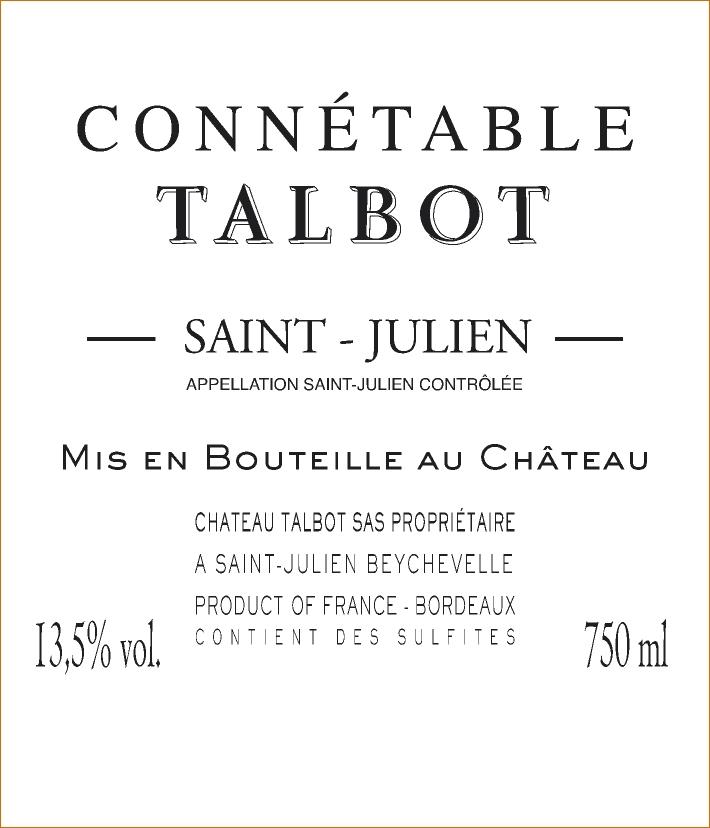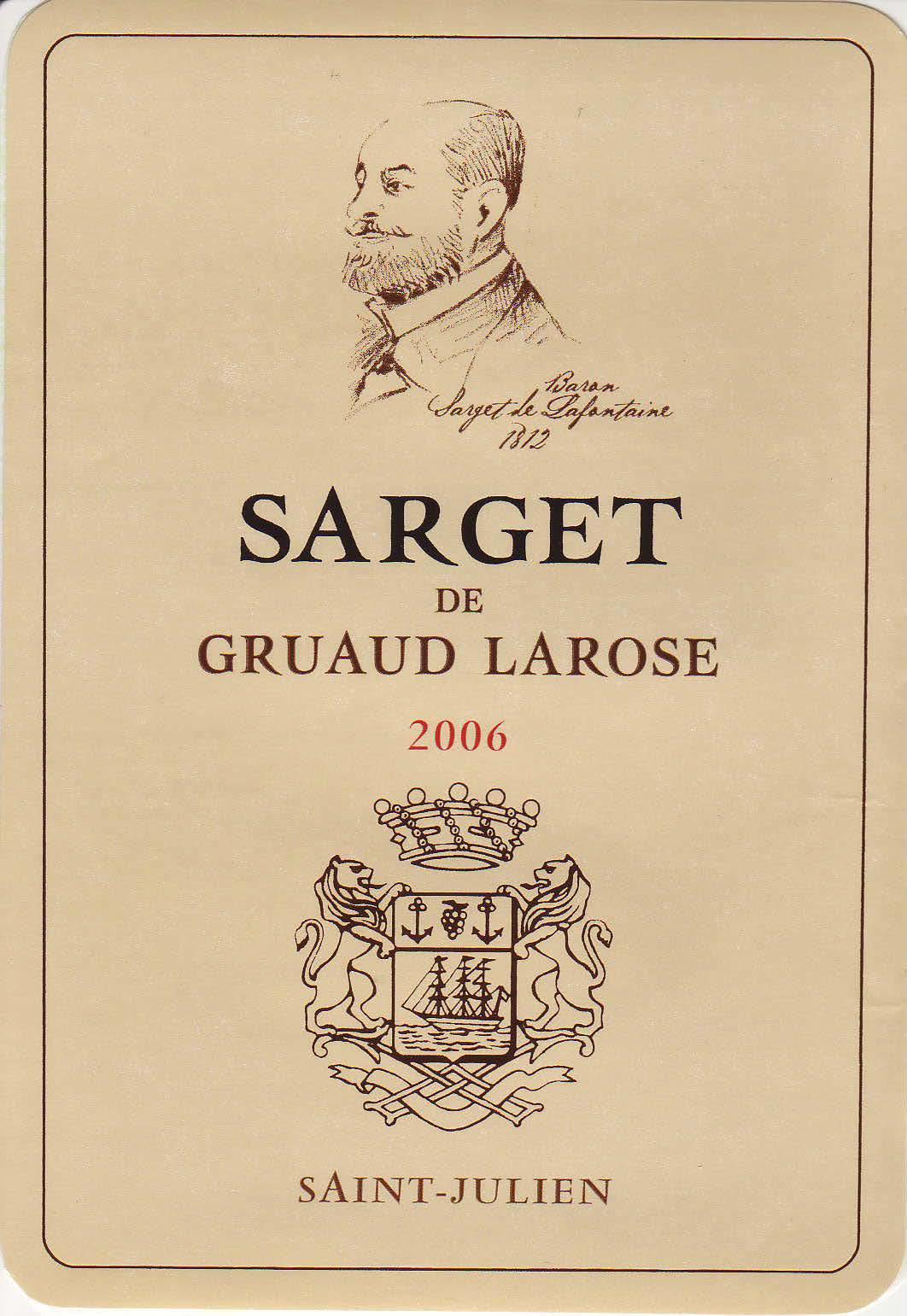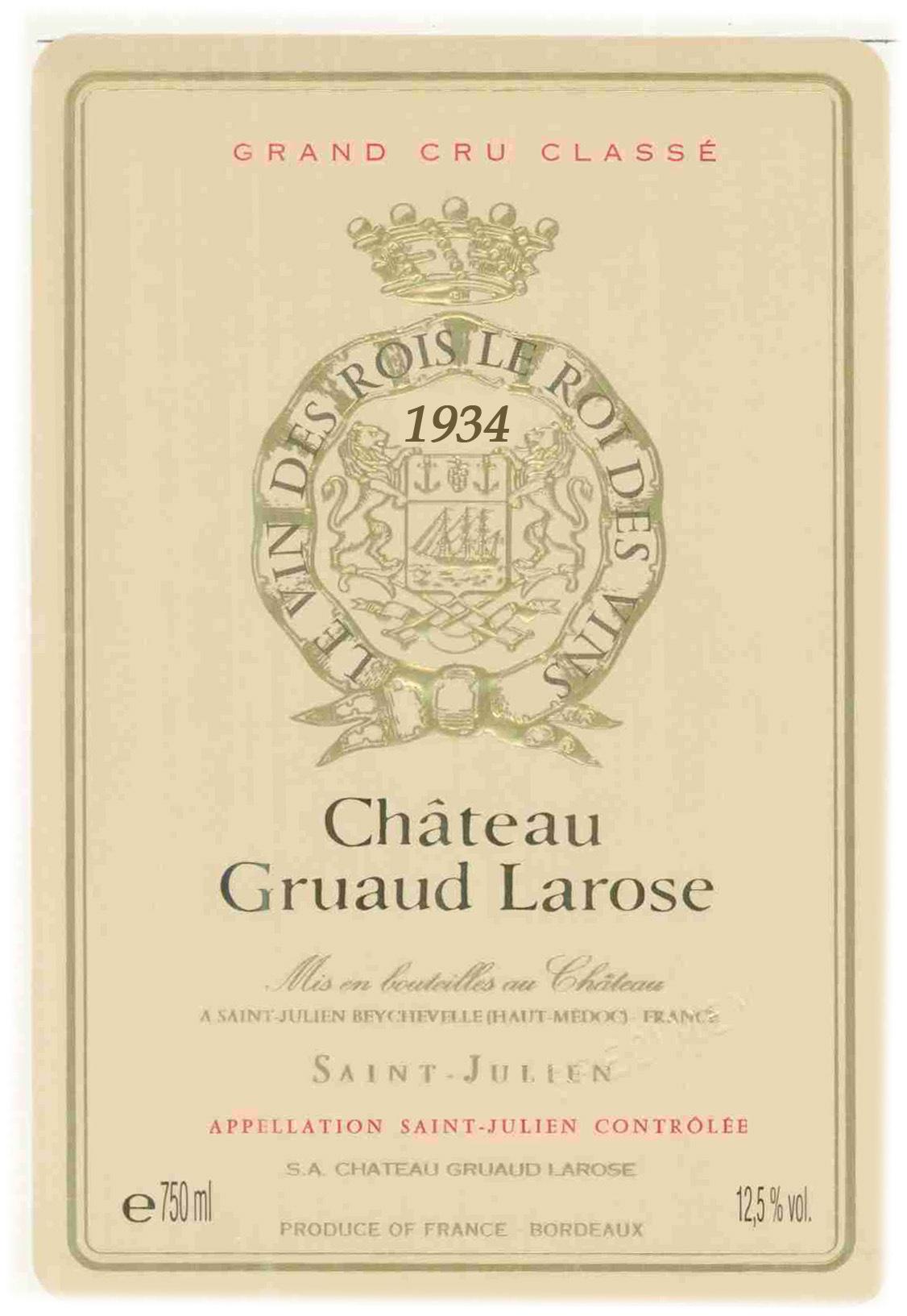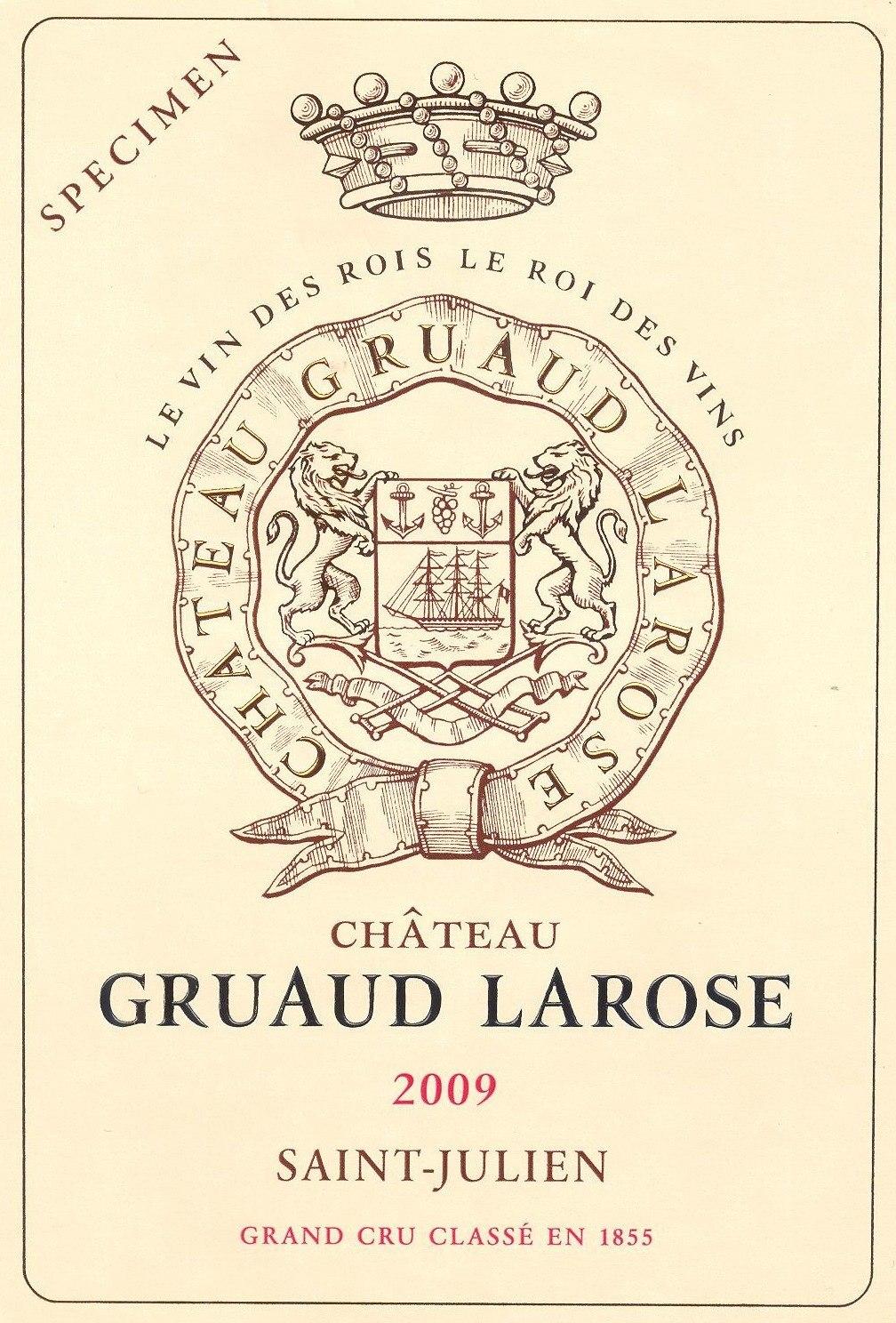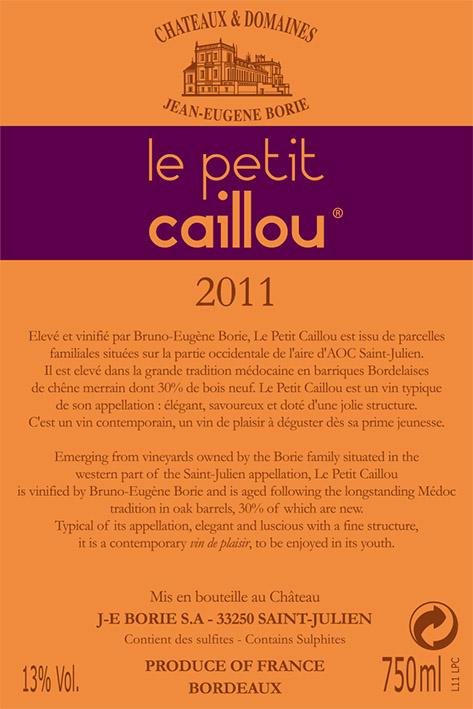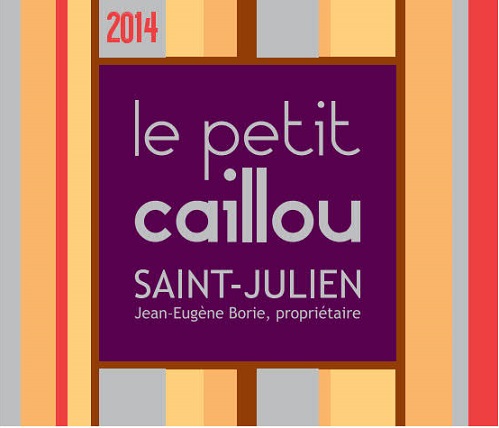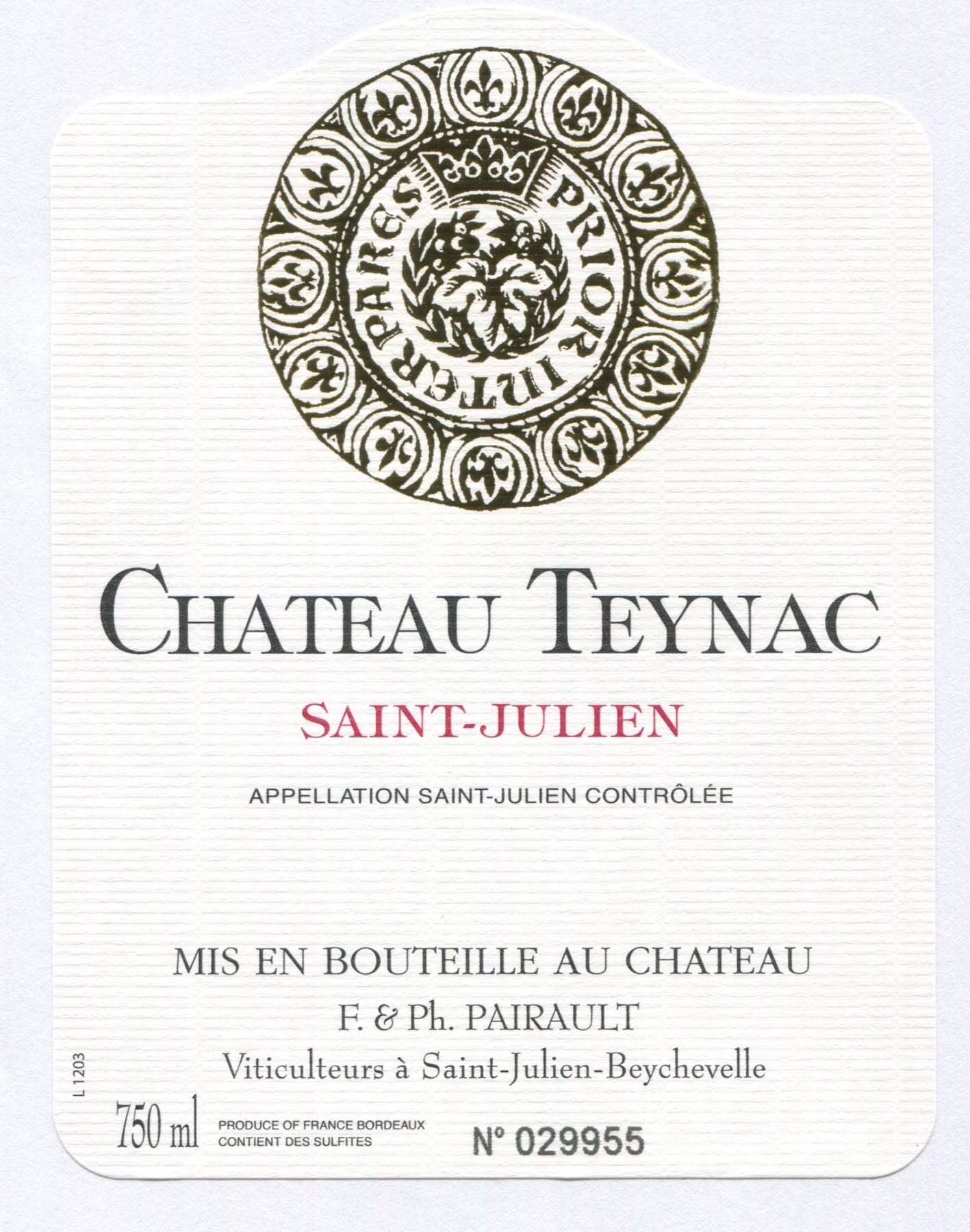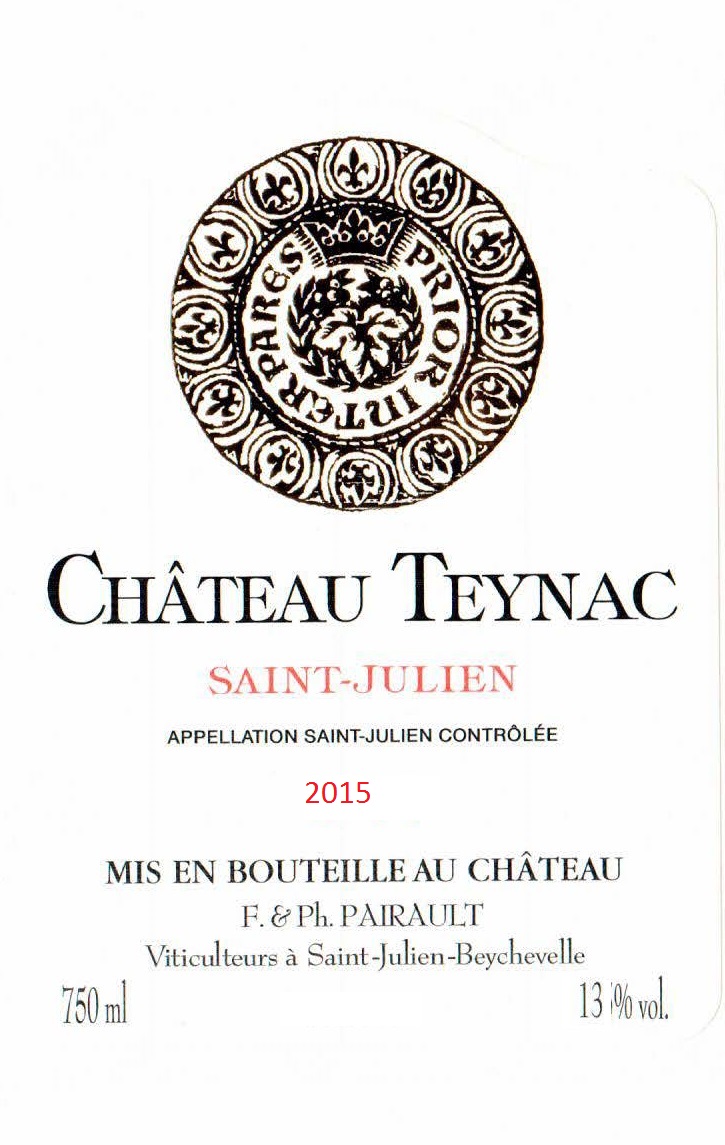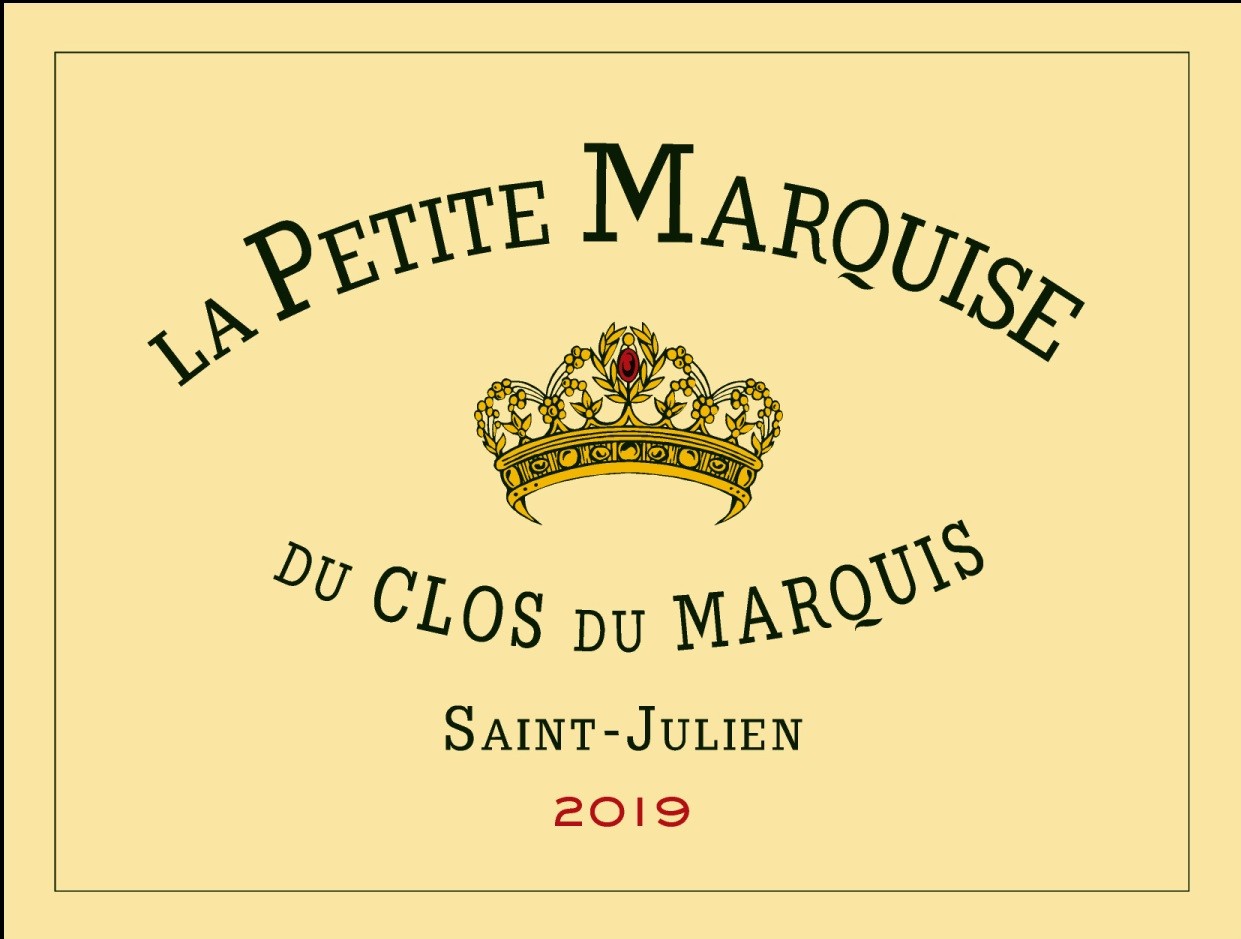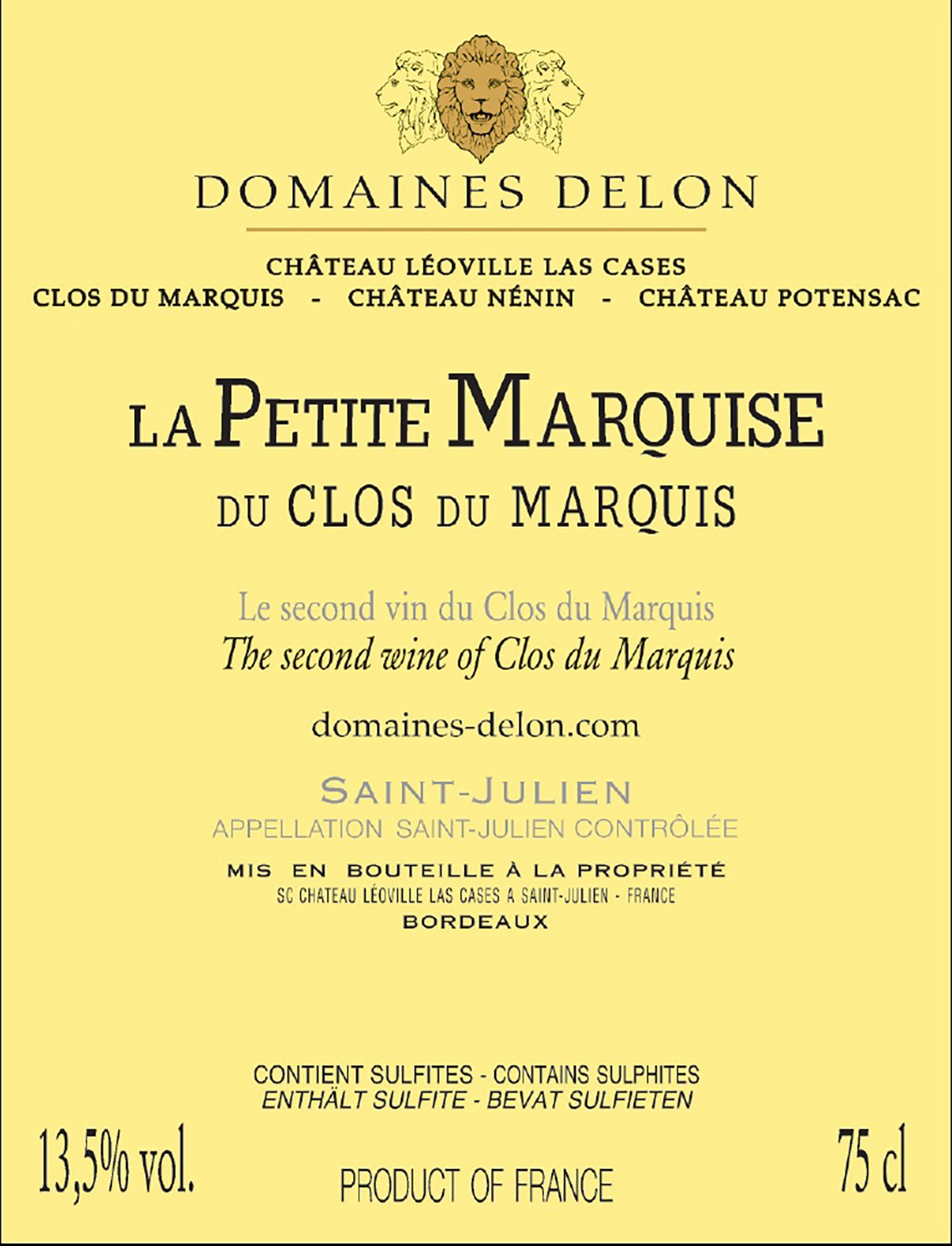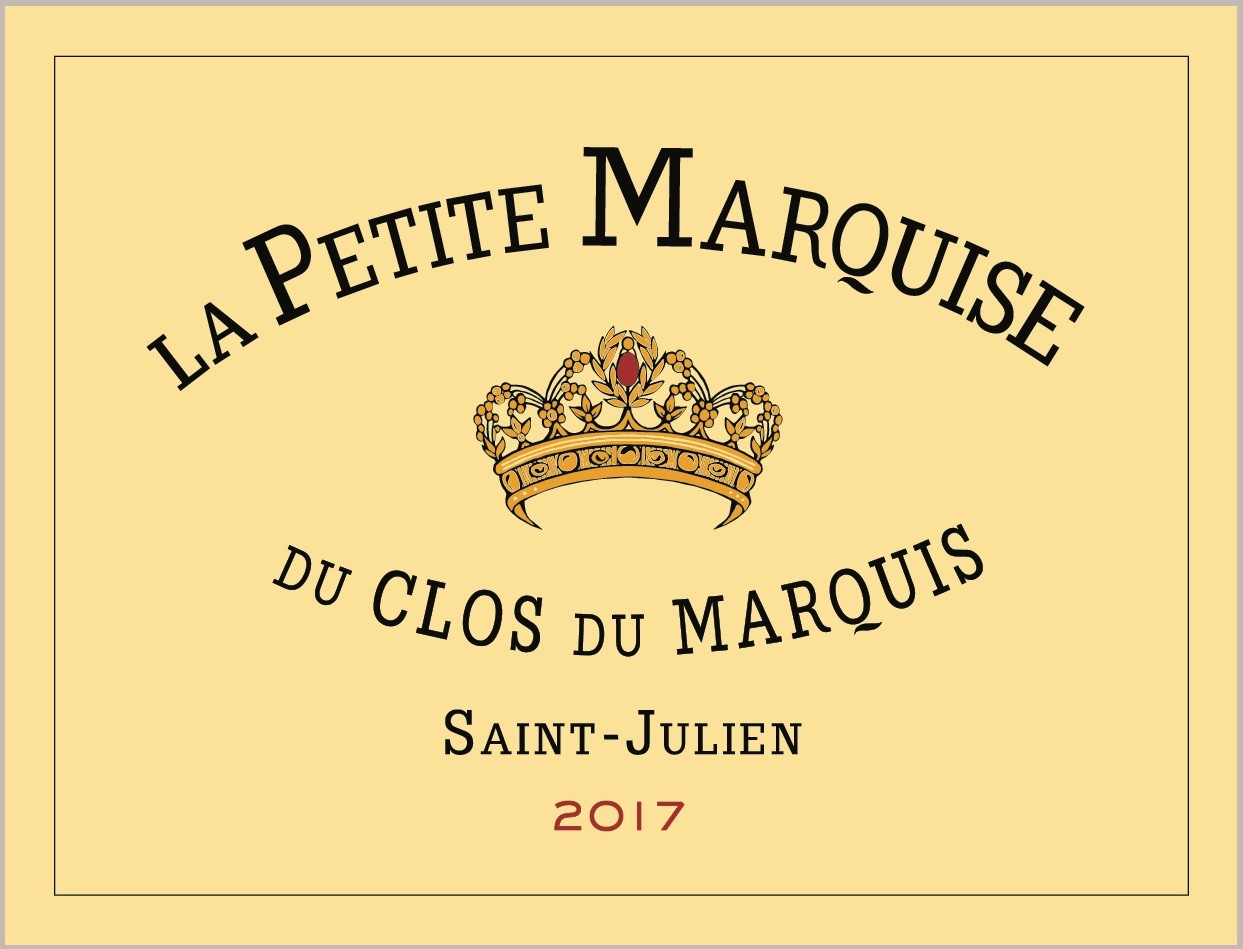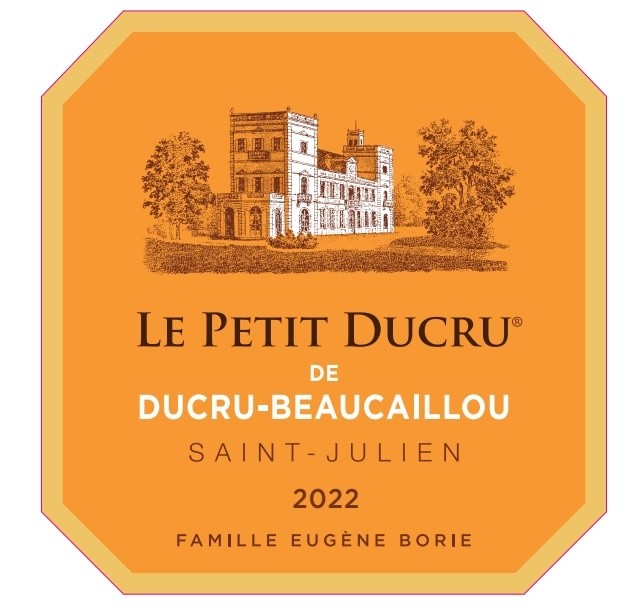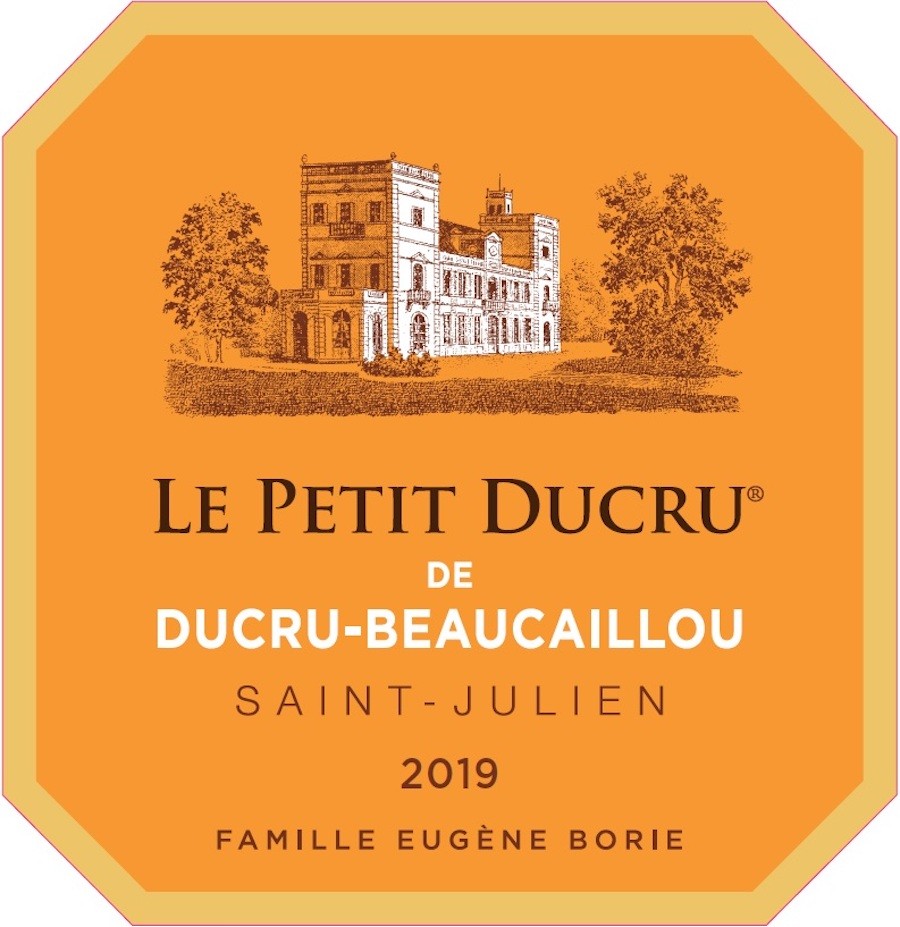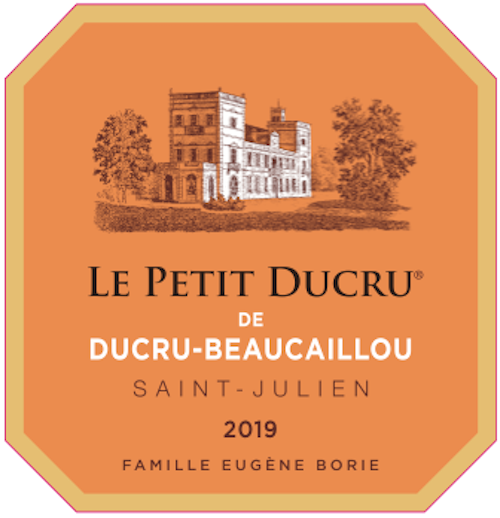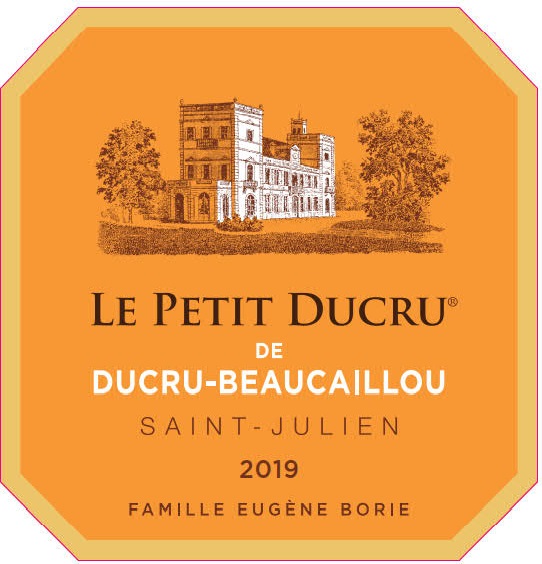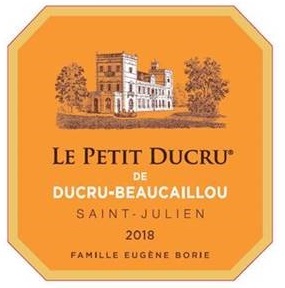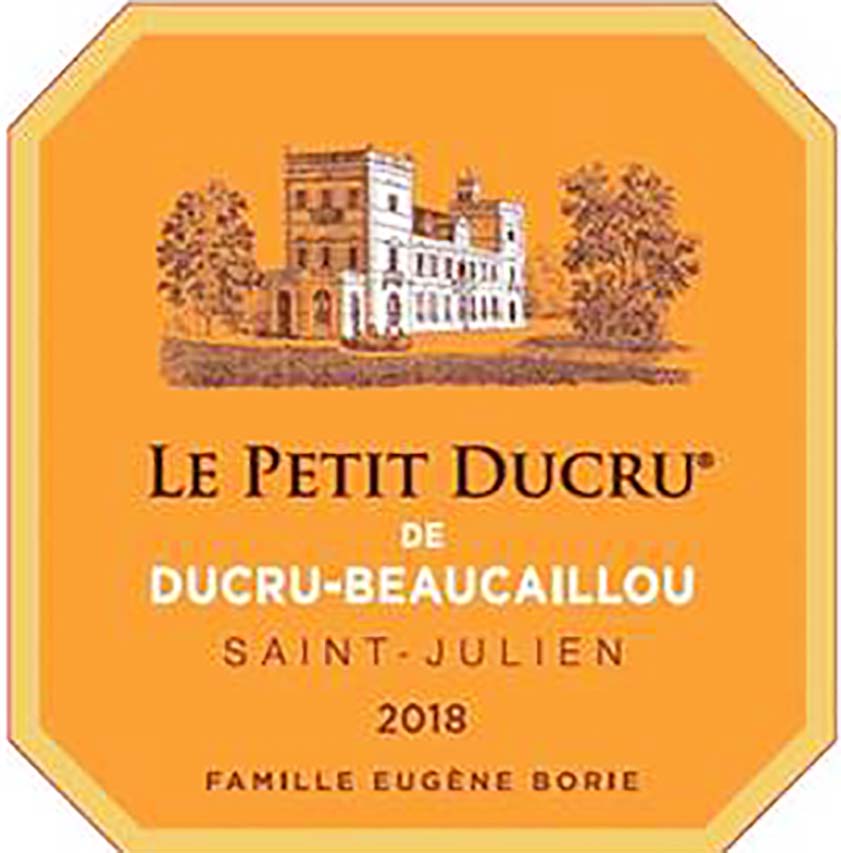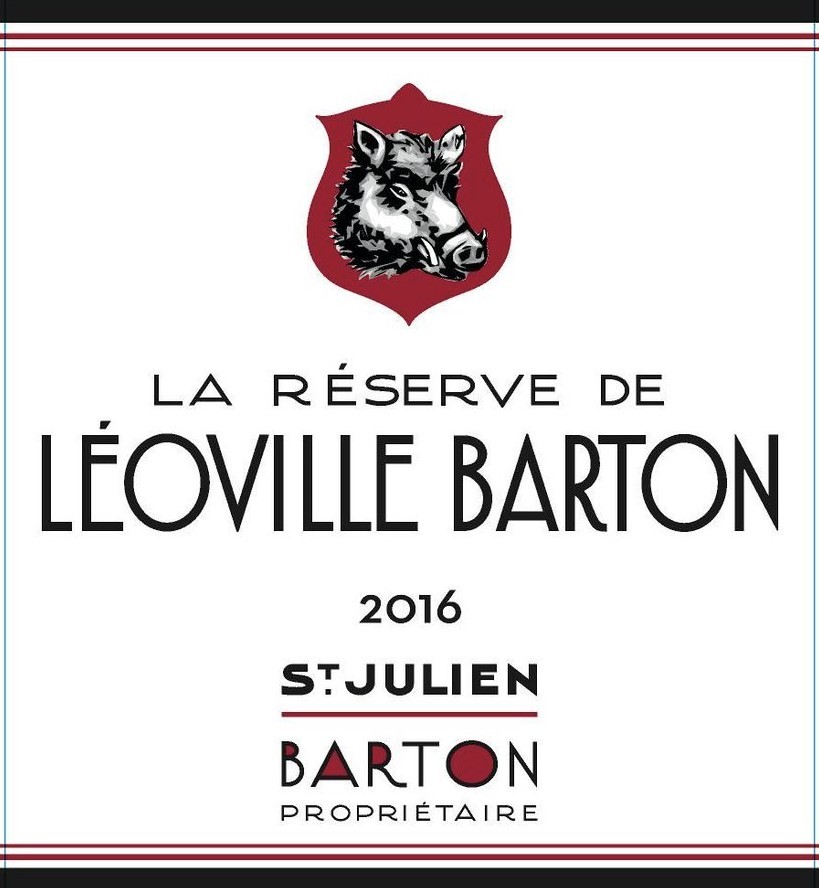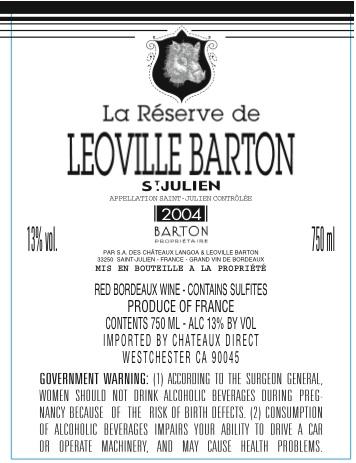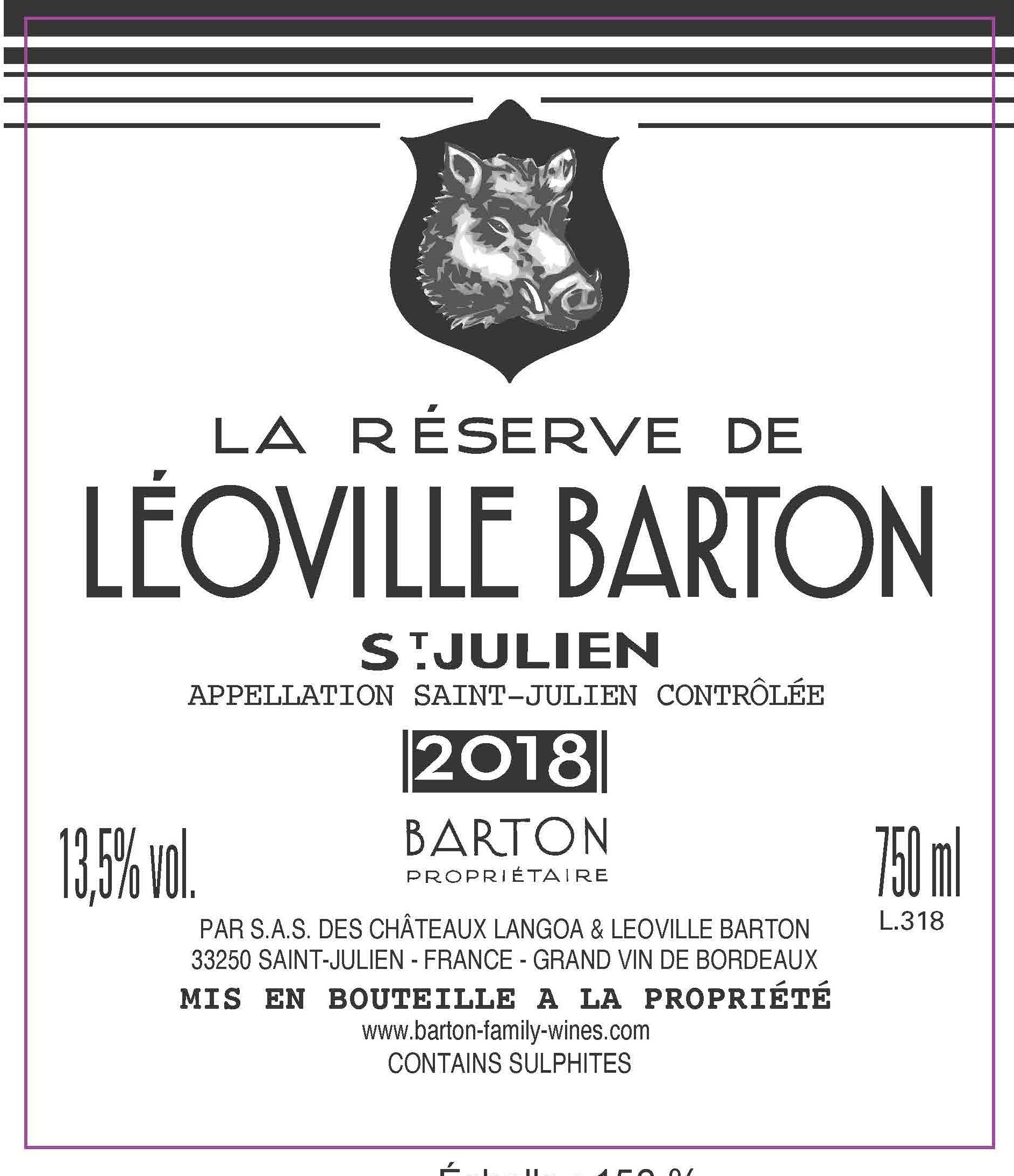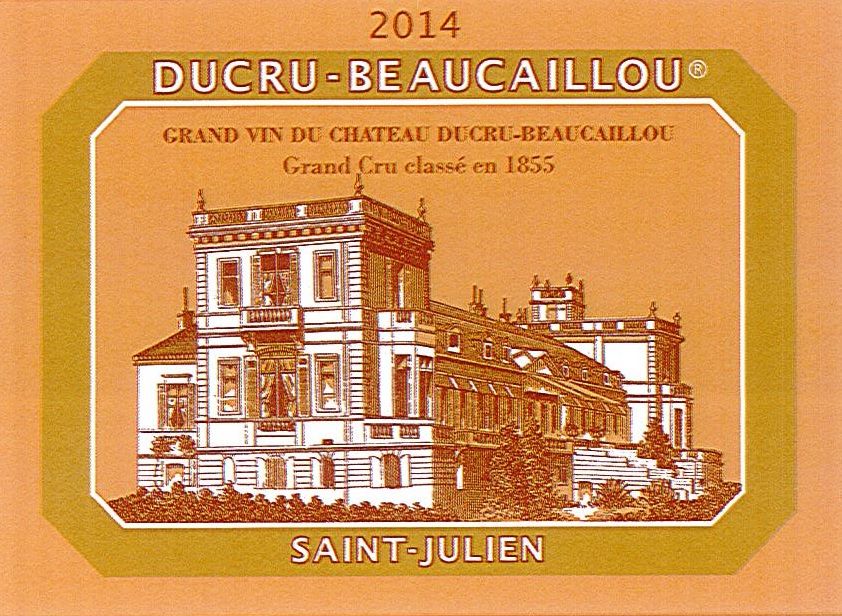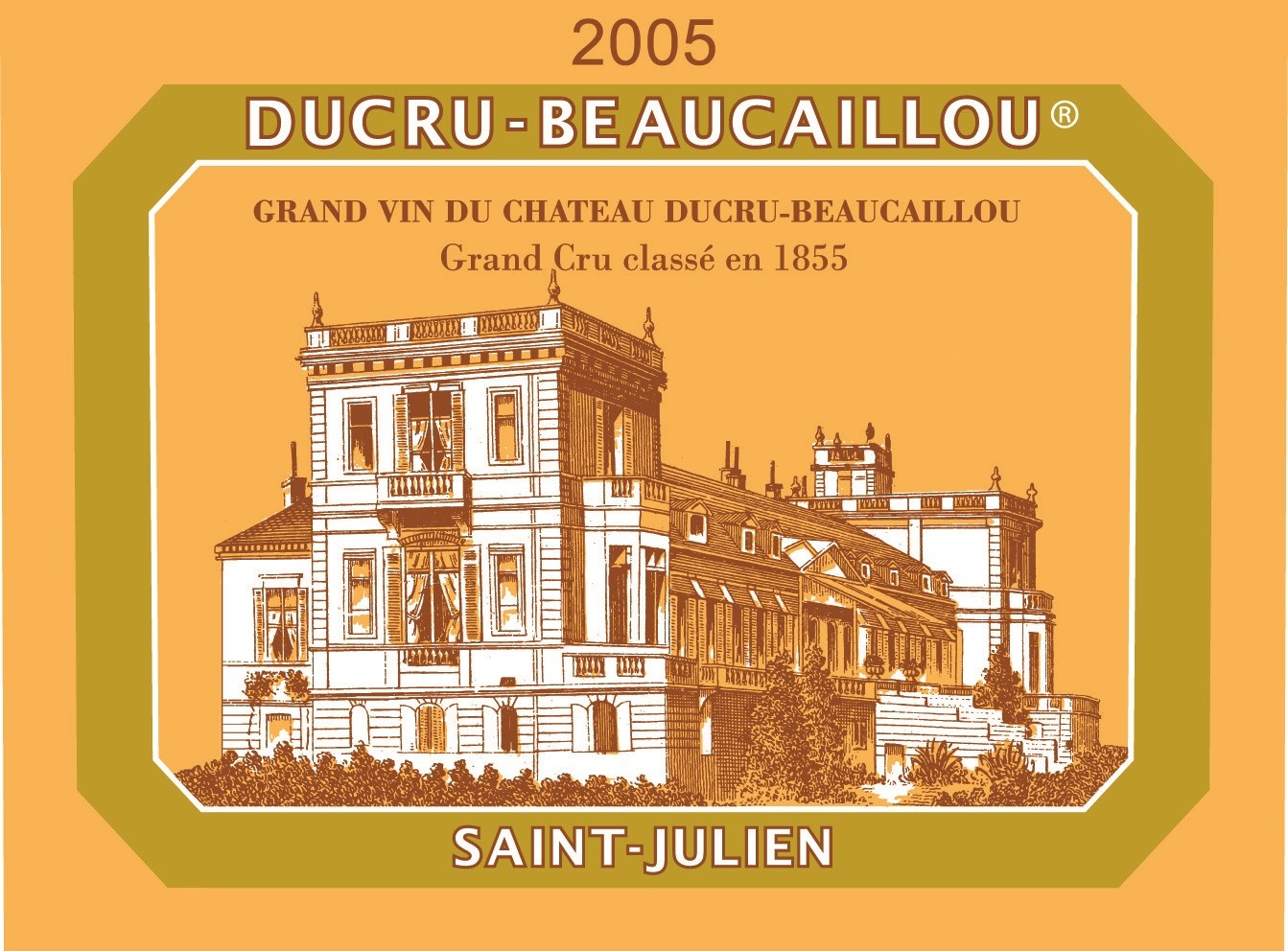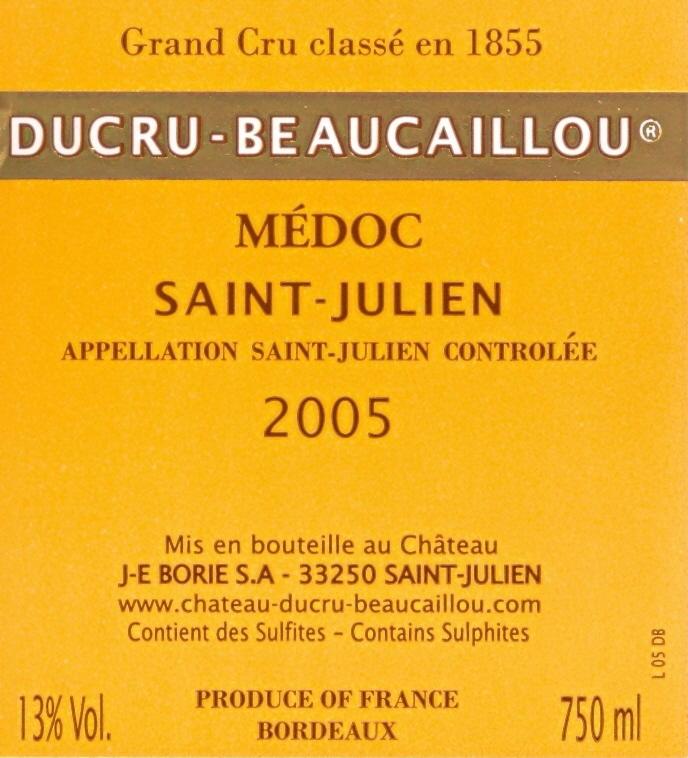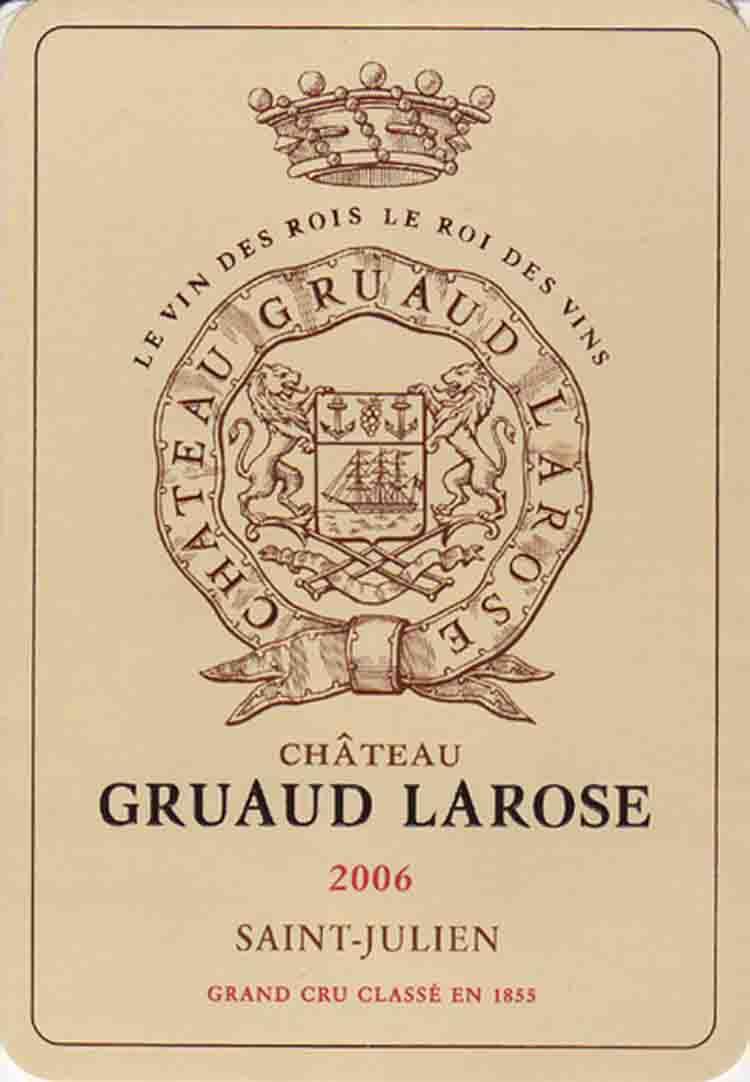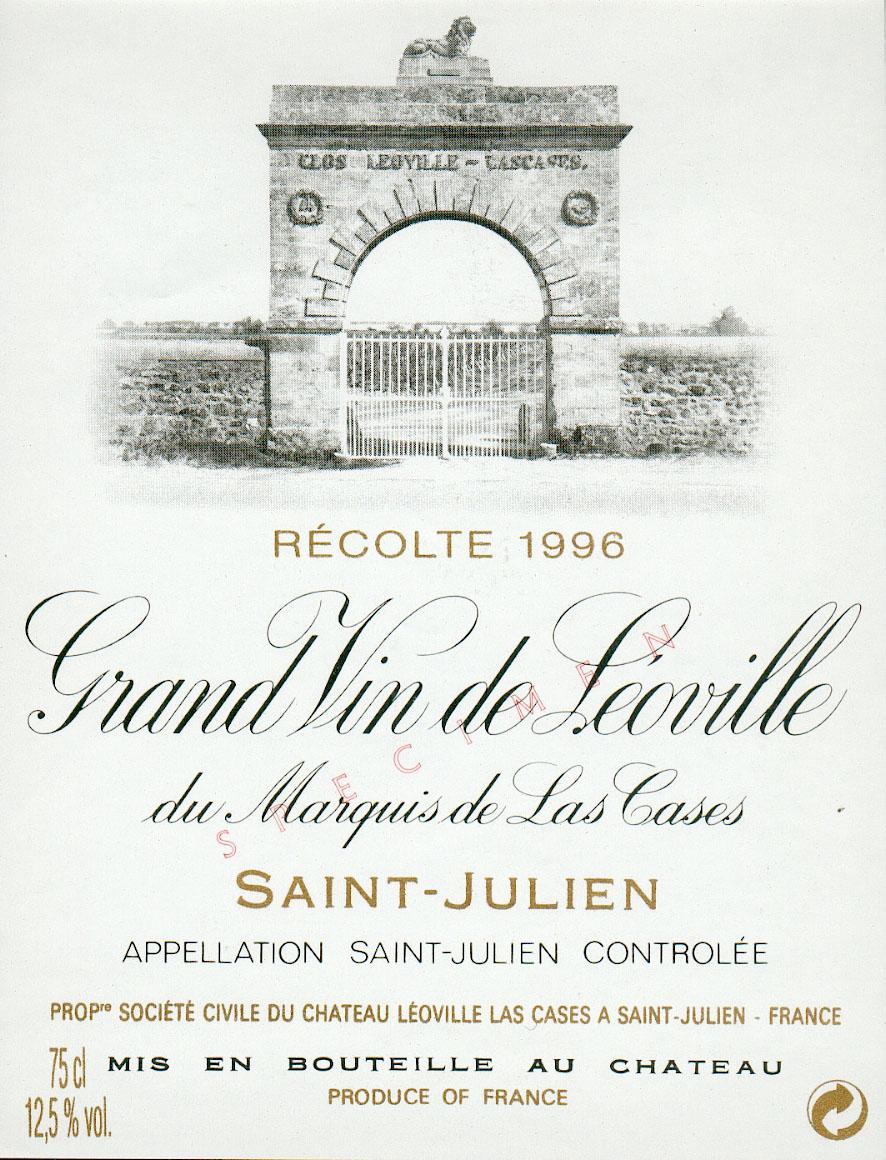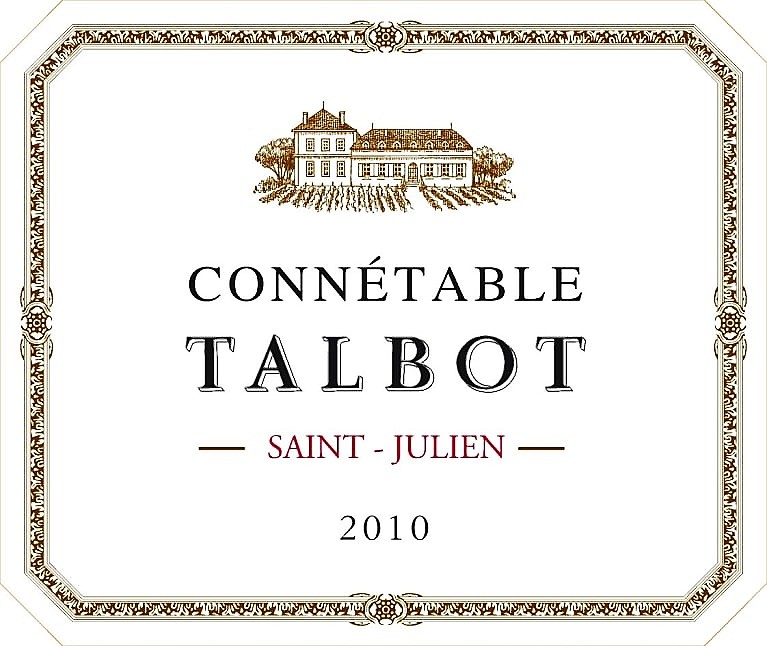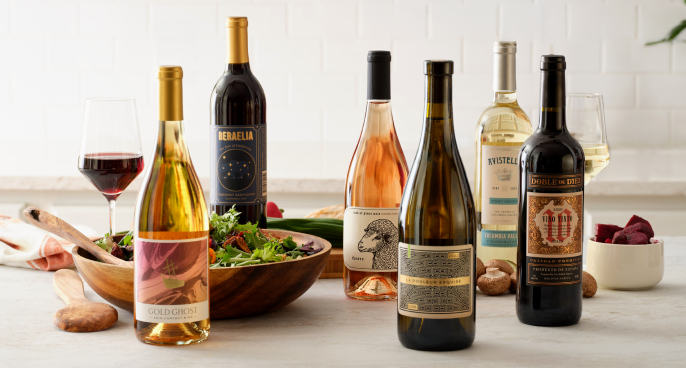Signature Saint-Julien Wine Styles & Grape Varieties
-
Cabernet Sauvignon: the backbone of Saint-Julien wines, known for its firm tannins, fresh acidity, and notes of cassis and graphite.
-
Merlot: adds softness and a fleshy mid-palate, with flavors of plum and red cherry.
-
Petit Verdot: used sparingly for deep color, floral aromas, and spicy hints.
-
Cabernet Franc: provides aromatic lift with subtle floral, herbal, and graphite notes.
-
Malbec and Carmenère: rarely used, but enhance color and complexity in small amounts.
Saint-Julien wines are medium to full-bodied, with polished tannins and vibrant red and black fruit flavors. They balance the power of Pauillac with the elegance of Margaux, featuring notes of cassis, plum, cedar, and graphite. Over time, they develop complex flavors of forest floor and tobacco leaf.
Terroir of Saint-Julien
Saint-Julien's terroir is defined by its classic Médoc soils, composed of ancient Garonne gravel layered over clay-limestone and sandy subsoils. The region features two parallel gravel ridges that stretch towards the Gironde, providing excellent drainage and heat retention. These conditions are perfect for Cabernet Sauvignon, which thrives on the deep gravel found on the eastern slopes.
The climate is maritime, moderated by the nearby Gironde estuary and Atlantic Ocean, leading to mild winters and warm summers. This setting ensures full ripening of the grapes while maintaining freshness. With around 900 mm of annual rainfall, the area typically experiences drier spells in late summer and early autumn, which help in producing consistently ripe yet balanced wines. The terroir and climate together make Saint-Julien a reliable source for structured yet graceful Cabernet-based blends.
Notable Wineries in Saint-Julien
Saint-Julien is renowned for its prestigious châteaux, including several classified growths that highlight the appellation’s excellence. Here are a few standout wineries:
-
Château Léoville-Las Cases: Known for its age-worthy wines, this estate offers powerful, structured blends.
-
Château Ducru-Beaucaillou: Offers wines with silky textures and complex aromas, thanks to its unique gravel-limestone terroir.
-
Château Gruaud-Larose: Produces rich, generous wines with deep fruit flavors, reflecting its unique gravel and clay soils.
-
Château Talbot: Notable for robust, full-bodied wines that age gracefully, situated on higher gravelly terrain.
-
Château Gloria: An unclassified gem offering great value with quality that rivals its classified neighbors.
These wineries, along with others in the region, contribute to Saint-Julien’s reputation for crafting consistently elegant, Cabernet-driven wines.
Sustainable Winemaking in Saint-Julien
Saint-Julien is making strides in sustainability, blending tradition with eco-friendly innovation. Winemakers have united to create a communal wastewater treatment plant, emphasizing their commitment to protecting natural resources. In the vineyards, growers use cover crops, mulch, and minimal soil disruption to enhance biodiversity and soil health, reducing erosion and improving sustainability.
Many estates are turning to organic, biodynamic, or certified sustainable methods like HVE and Terra Vitis. These practices aim to reduce synthetic inputs and promote vibrant soil life. Additionally, energy-saving technologies and water conservation efforts are becoming the norm in cellars. This cooperative approach helps Saint-Julien maintain high-quality standards while addressing climate challenges, ensuring the continued production of elegant, Cabernet-driven wines.
Wine Tourism in Saint-Julien
Saint-Julien, a jewel of the Médoc region, offers a rich wine tourism experience.
Visitors can explore prestigious châteaux like Léoville-Las Cases and Ducru-Beaucaillou, where guided tours and tastings reveal the elegance of Cabernet-driven blends.
The region's picturesque Route des Châteaux provides a scenic path for those traveling by car or bicycle, connecting Saint-Julien to nearby Pauillac and Margaux.
Wine enthusiasts can enjoy guided cycling tours that include stops at renowned estates, or opt for a unique view from local cruises on the Gironde estuary.
In the village of Saint-Julien-Beychevelle, charming inns and local dining options offer a taste of Médoc cuisine.
For a broader experience, nearby towns provide additional lodging and dining choices.
While the area may not host large festivals, it participates in regional wine events, offering private tastings and serene vineyard landscapes for a truly immersive visit.

